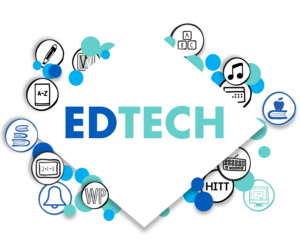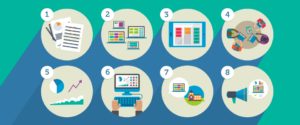
TechEd is a platform for learning and sharing, providing companies and individuals from the industry with the latest products and technology trends, direct face-to-face conversations with Microsoft and local and foreign technical experts in the industry, and sharing the latest tools, solutions and success stories of partners, Experience hands-on experiments, interactive experiments and more learning opportunities, and can help IT professionals or developers grasp industry development trends, realize their career dreams, and promote the continuous development of their companies and industries with the help of technology.
Looking back twenty years began in 1998, when the Internet had reached the level of mainstream awareness. It is accessed via a dial-up modem, and its meaning is generally confusing, whether for the wider society or higher education in particular. Some scholars think this is a fashion.
Wiki can reflect the optimism and philosophy of the open network better than any other technology. A Wiki is a web page that can be edited by anyone. It is a fundamental change in our relationship with the Internet. The Web democratizes publishing, and Wiki makes the process a collaborative, shared enterprise. Wikis have their own markup language, which makes them a bit technical when used, although later implementations such as Wikispaces make this process easier. Wiki encapsulates the promise of a dynamic, shared, and respectful space-the result is partly the spiritual atmosphere behind it. This is also a kind of Virtual reality of Edtech, which does not require books but can collect the required information to increase the amount of knowledge. Wikipedia is very helpful for our personal open learning.

By 1999, e-learning had become the mainstream of the times. Traditional and remote universities are adopting e-learning programs, usually as long as the target audience is willing to learn in this way. People have developed a strong interest in e-learning, which has led to the necessary concentration: platforms can be easily set up to run e-learning programs; more professional methods for creating e-learning content; building evidence; and describing and sharing tools and content plan of. Enter e-learning standards, especially IMS. The agency is about to develop standards to describe content, assessment tools, courses, and more ambitious learning design (Weller, 2018).
Also, Blogs develop with the development of education and then are adopted by educational technology. Blogs are a very obvious extension of the web. Once people realize that anyone can publish on the Internet, they will inevitably start publishing diaries, journals, and regularly updated resources (Weller, 2018). As a sample, Just like our course, we need to write a blog every week reflecting what we have learned in the past week so that classmates and teachers can read and comment. This way is that our openness in the course is a kind of learning.
With the development of electronic technology, people have begun to popularize how to complete their own personal open learning through edtech. Before the epidemic, many people around me started to take online courses. For example, my brother, in order to learn English in China, used online courses to complete his English learning and oral learning. Before the outbreak, students tended to complete their tuition plans through online classes. After the epidemic came. Online teaching is more common. Because of the epidemic, students cannot go to school for face-to-face courses. In this severe period, edtech played an important role. I hope that in the future, I will be more familiar with online courses to complete my open learning.
Reference:
Martin Weller (2018) Twenty Years of Edtech. Press: EDUCAUSE Review. Retrieved from :https://er.educause.edu/articles/2018/7/twenty-years-of-edtech
Leave a Reply